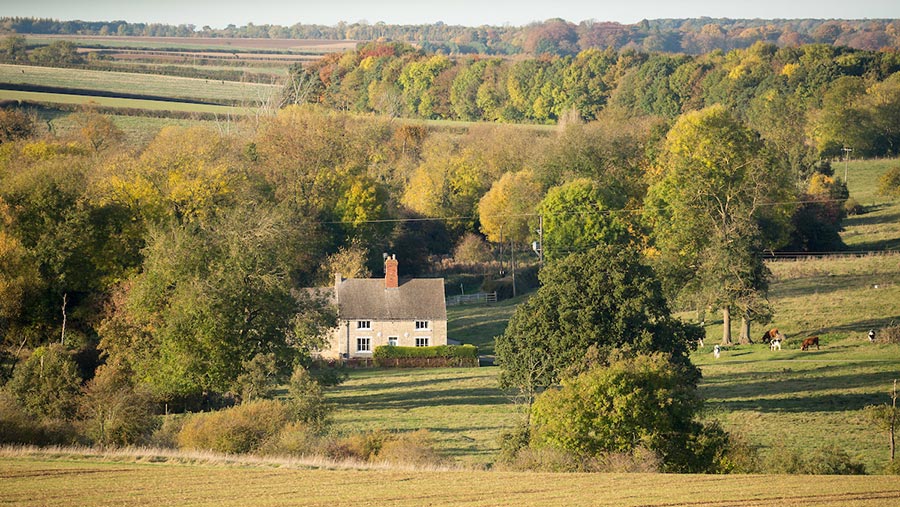Farmworker accommodation tax deadline looms
 © Tim Scrivener
© Tim Scrivener Farmworkers who live in accommodation provided by their employers could face extra tax charges from April 2021 after HMRC tightened the rules on exemptions.
The rule change affects certain staff and retired workers that live in a property as “representative occupiers” under a condition of their employment and who qualify for relief from a taxable benefit in kind.
Specifically, it applies to workers in posts set up before 6 April 1977 and to anyone who has taken over that role since.
See also: Tips for maintaining farming and inheritance tax reliefs
From April 2021, employers providing tax-free accommodation under this concession will need to consider whether it falls into one of the statutory exemptions.
Statutory exemptions
The statutory exemptions from a taxable benefit in kind relate to situations where the living accommodation provided is:
- necessary for the proper performance of duties; or
- customarily provided for the better performance of duties; or
- required for the personal security of the employee.
“Customarily provided” means more than half of employees in the same class of employment, or role, are provided with living accommodation.
Martyn Dobinson, rural business consultant and partner at accountants Saffery Champness, said the move could affect a large number of employees.
“Tax-free living accommodation is regularly provided to resident agents, chief executives, estate and farm managers and workers, gamekeepers and property maintenance staff, among others,” Mr Dobinson said.
It often continues to be provided to former employees in their retirement.
Not disadvantaged
HMRC is being lobbied to ensure that retired employees are not disadvantaged by the change, he added.
Mr Dobinson warned that the provision of tax-free living accommodation to workers and former employees will come under greater scrutiny from April next year.
“To avoid tax implications for employers and their employees, a robust argument as to why provision of the accommodation is exempt from tax must be formed,” he said.
Advice
With no exemption, living accommodation will become a taxable P11D benefit for staff.
P11D forms need to be filed by the employer and provided to the employee by 6 July after the end of the tax year, and the tax must be paid by 22 July by electronic payment or 19 July if paid by cheque.
There is a complicated formula that determines the benefit’s value and this is subject to tax and national insurance.
The formula derives the annual value, from which any actual rent paid can be deducted.
Payment of any property-related bills will also need to be considered from a taxable benefit perspective.
The employee will pay income tax on the value of the benefit, at their marginal rate of income tax – 20%, 40% or 45% – dependent on whether they are a basic, higher or additional rate taxpayer.
Employers will also face extra costs because the benefit in kind will attract class 1A national insurance at 13.8%.
Solid evidence of proper or better performance of duties must be provided to claim an exemption – writing conditions into employment contracts around security will not be sufficient, warn advisers.
